Episode 16
Everybody Was Kung-Fu Fighting. Week 16: Sun Tzu and Lao Tzu
I'm reading and talking about Ted Gioia's "Immersive Humanities Course," 52 weeks of World Classics.
Before we start, though, we talk about graduation speeches...and share the graduation speech we wish we'd heard.
Next, we journey from Western literature back to ancient China to explore two timeless texts: Lao Tzu’s Tao Te Ching (c. 500 B.C.) and Sun Tzu’s The Art of War (c. 400 B.C.), roughly contemporary with Confucius and Plato. After a lukewarm experience with Confucius’ Analects in Week 4, we adjusted our approach to these aphoristic works, splitting each into five parts and interleaving them daily. While this didn’t make reading easier, it encouraged comparisons between the two.
The Tao Te Ching offers a serene philosophy of “the Way,” advocating a life of detachment and flow, like a leaf on a stream. Key insights include prioritizing essence over form (e.g., the space within walls over the walls themselves), embracing hands-off leadership, and avoiding rules or weapons that may incite vice or war. But it's passive: retreating rather than advancing in the face of evil feels challenging, especially compared to active resistance like Gandhi’s. The Tao’s detachment felt isolating, distinct from the interconnected self-emptying of the Dhammapada or Boethius’ Christian-Stoic blend.
In contrast, The Art of War is a ruthless manual of military strategy. Sun Tzu, who famously beheaded two concubines to prove his methods to King Ho Lu, emphasizes deception, swift victory, and avoiding prolonged conflict. Key takeaways: defensive measures prevent defeat but don’t ensure victory; desperate soldiers fight hardest; and spies are a humane, cost-effective tool. We ponder the status of Sun’s soldiers (free or enslaved?), recalling Herodotus’ Spartan-Persian debates on free men’s ferocity. The texts seem to clash: the Tao’s passivity versus Sun’s calculated control, though Sun’s strategic setups might align with the Tao’s inevitable flow.
We noted a cultural contrast: Chinese texts lack the narrative epics of Western heroes like Odysseus or Gilgamesh, hinting at differing worldviews. Unlike Confucius’ moral focus, neither text emphasizes goodness, which surprised us. Our Tao edition (Stephen Miller’s) felt overly modernized, while our unannotated Art of War was dry but tactically insightful, especially for business or military studies. Pairing it with Herodotus or Machiavelli could be illuminating.
Don't skip the music! Three albums each from the Beatles and The Rolling Stones...when was the last time you listened to one all the way through?
Next week, we return to narrative with Apuleius’ Golden Ass, explore Scott Joplin’s ragtime, and admire van Gogh’s art.
LINK
Ted Gioia/The Honest Broker’s 12-Month Immersive Humanities Course (paywalled!)
My Amazon Book List (NOT an affiliate link)
CONNECT
To read more of my writing, visit my Substack - https://www.cheryldrury.substack.com.
Follow me on Instagram - https://www.instagram.com/cldrury/
LISTEN
Spotify - https://open.spotify.com/show/5GpySInw1e8IqNQvXow7Lv?si=9ebd5508daa245bd
Apple Podcasts - https://podcasts.apple.com/us/podcast/crack-the-book/id1749793321
Captivate - https://crackthebook.captivate.fm


